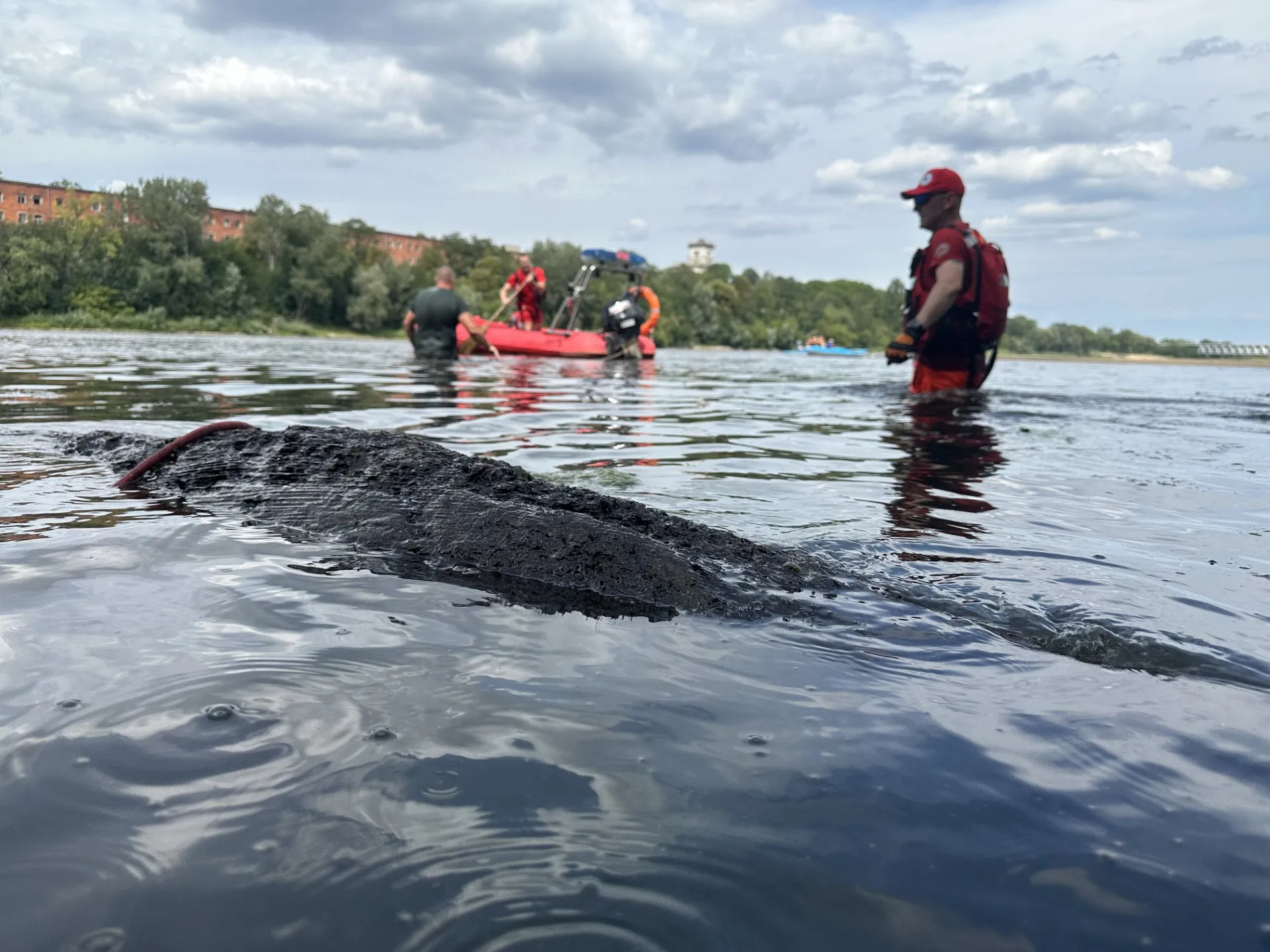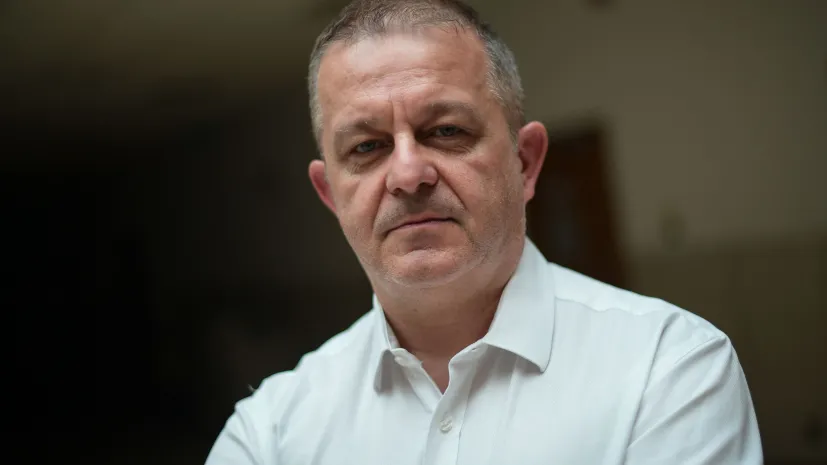
Polish scientists create fluid that can replace blood
This fluid can replace blood, it can supply oxygen to tissues and remove carbon dioxide from them. We are dealing with a breakthrough when it comes to the future of medicine, says Professor Wojciech Lisik from the Department of General and Transplantation Surgery of the University Clinical Centre of the Medical University of Warsaw.
-

Remote and hybrid work may worsen sleep patterns, study shows
Remote and hybrid work are more often associated with sleep and circadian rhythm disorders than in-office work, Polish scientists have shown. Performing professional duties from home also increases the risk of musculoskeletal ailments and headaches.
-
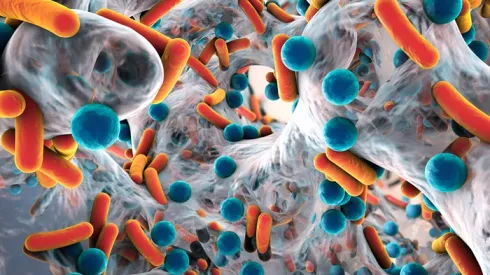
Diptool: Polish tool for rapid identification of new antibacterial drugs
With bacterial resistance to antibiotics being a global health challenge, scientists are looking for new ways to combat microorganisms. A tool designed to accelerate work on new antibacterial compounds has been developed by Dr. Mateusz Rzycki from the Wrocław University of Science and Technology.
-
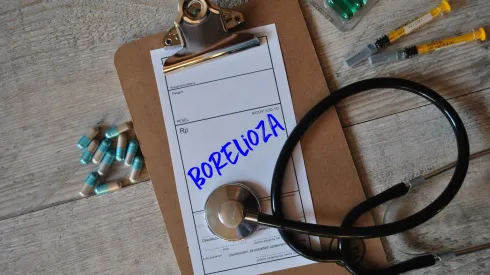
Results of 3rd phase of Lyme disease vaccine trials in late 2025
The results of the third phase of Lyme disease vaccine trials will most likely be available at the end of 2025, says the president of the Office for Registration of Medicinal Products. If this is confirmed, this long-awaited vaccine could be registered and available in the European Union no earlier than 2026.
-

People on autism spectrum find social camouflage exhausting, says expert
Masking autistic traits or adjusting behaviour to the environment are strategies of people with ASD that are part of the so-called social camouflage.
-
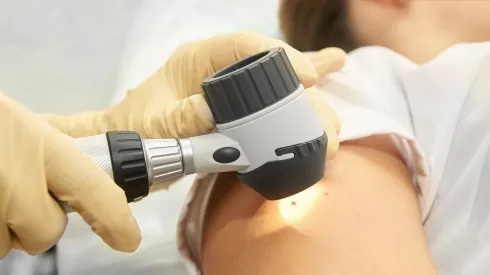
Promising trial results for preoperative immunotherapy in melanoma treatment
An international group of scientists, including researchers from the Maria Skłodowska-Curie National Research Institute of Oncology in Warsaw, published the results of research on preoperative immunotherapy in the treatment of stage III melanoma. Combination therapy with two drugs has shown clear effectiveness and - according to researchers - may change the standards of treatment.
-
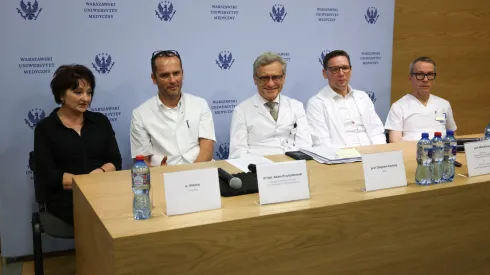
Warsaw transplantologists perform pioneering liver transplantation
Polish surgeons have performed the world's first supportive liver transplantation in a patient whose organ was damaged in a traffic accident.
-
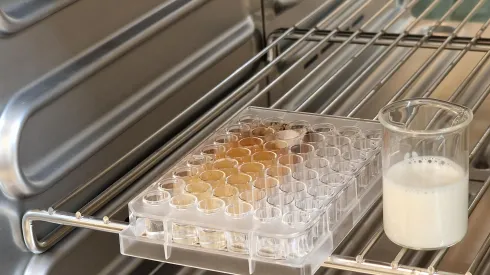
Camel milk dressings for hard-to-heal wounds. Researchers are working on novel solution
Scientists from Poland and Canada are working on an innovative hydrogel dressing for hard-to-heal wounds, containing camel and sheep milk.
-

Green light for research on Polish test for early detection of endometriosis
A comparative study on the clinical usefulness of a Polish non-invasive test for the early diagnosis of endometriosis has been given a positive opinion by the Bioethics Committee of the Poznan University of Medical Sciences, the Medical Research Agency reports.
-
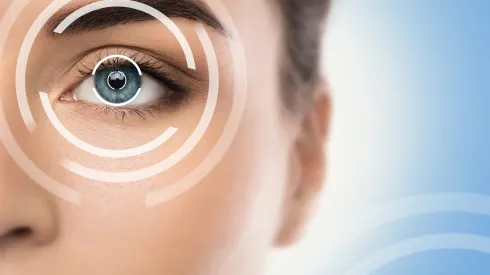
f-ORG technique to detect smallest changes in human photoreceptors
Scientists from the International Centre for Translational Eye Research (ICTER) are developing a technique called flicker optoretinography (f-ORG), which may be applied in diagnosing certain visual disorders. It is the optical equivalent of flicker electroretinography (f-ERG), a valuable tool that has been used for decades to study the physiological functions of the retina.

